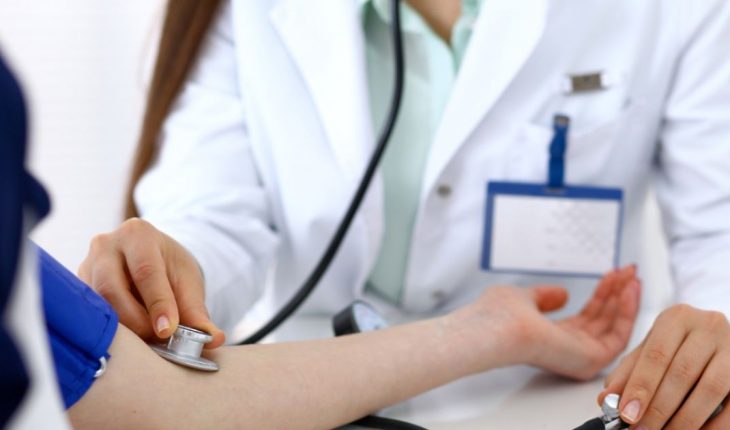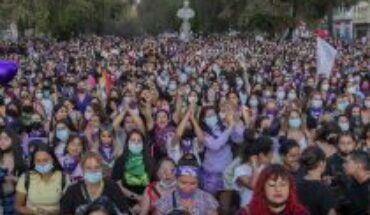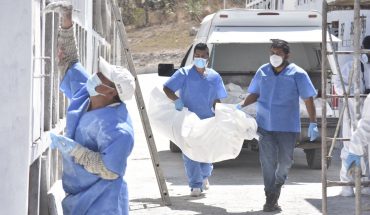The burden of domestic work and care is historically borne by women. Day by day are responsible for cooking, cleaning, caring for children and the elderly, washing clothes, shopping, helping with schoolwork, and much more. The difference with men in the time spent on these tasks is, above, abysmal: according to the Survey on Unpaid Work and Use of Time (EAHU – INDEC, 2013) women spend an average of 6 hours a day on household and care tasks, against 3.8 of men. The possibility of having personal time for some and for others is not the same and in this sense we ask ourselves: when does a woman have time to take care of her own life?
Florence Yanuzzio, Executive Director of the AVON Foundation, explains that for more than 20 years that from THE AVON Foundation work, in conjunction with other public and private organizations, to facilitate access to technological means to take care of breast health and thus reach early detection of Breast Cancer, a disease that takes more than 5500 women per year. Annually with the AVON Mobile Mamographer – LALCEC serves women over the age of 40 without social work to perform mammograms and, according to the survey they conducted after the study, most of them recognize that Breast Cancer or another type of cancer is the leading cause of death in women and comprise the risk group in which they are involved, but most do not do the studies because of lack of habit, time, custom or because it is very expensive. Behind these reasons, of course, lies inequality in care tasks, “that still distant gender co-responsibility, which is expressed in women’s mental overload,” Yanuzzio explains, and this particular context of global pandemic came only to deepen that inequality, while questioning all our normality and adding greater concerns and responsibilities.
However, one good thing came out of this: “We realized that we agree that we have to take care of people’s lives and health and that that should always be a priority.” For this reason, Yanuzzio emphasizes the need to reflect on the cultural patterns that put women at a disadvantage regarding access to health and exclaim for the right to have the time to take care of breast health; as well as to take advantage of this moment of redefinition of customs and habits, to adopt healthier habits and to talk to the environment (couples, children, colleagues) of the importance of having time to take care of one’s own well-being.What can I do now, today, from home to beat Breast Cancer?
Doctors always repeat four keys: exercise daily (even from home and even family), including more fruits and vegetables in your diet; tobacco and I reduced alcohol consumption. Get to know your body, your breasts: watch them and touch them regularly. Knowing your healthy breasts will help you detect changes. It gives importance to alterations in size or shape, changes in the shape or position of the nipple, and whether slits appear. If you notice anything strange, ask a doctor to tell you what to do. Talk to the little ones in the family: they also have to know their body and understand that taking care of health is our right. You will talk with the greats about co-responsibility in care tasks: how we can share more household chores, taking shifts from children. It’s just supporting each other that we’re going to make sure we all have time to take care of ourselves.
Florence Yanuzzio, Executive Director of the AVON Foundation.





